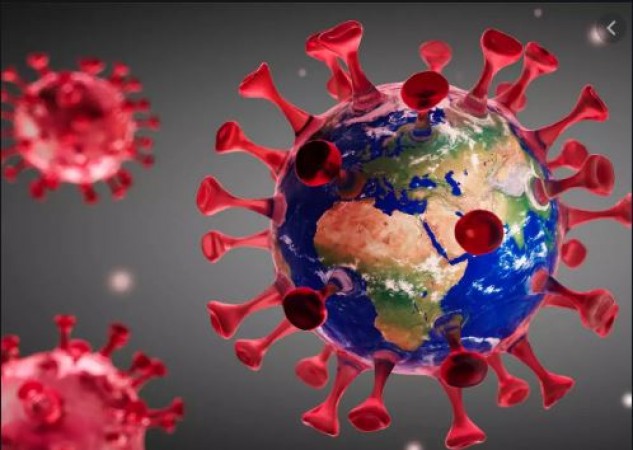
Two new kinds of research provide encouraging evidence that having COVID-19 may offer some protection against future infections. The study found that people who made antibodies to the coronavirus were much less likely to test positive again for up to six months and maybe longer. The results bode well for vaccines, which provoke the immune system to make antibodies — substances that attach to a virus and help it be eliminated.
Researchers found that people with antibodies from natural infections were “at much lower risk … on the order of the same kind of protection you’d get from an effective vaccine,” of getting the virus again, said Dr. Ned Sharpless, director of the U.S. National Cancer Institute. It’s very, very rare” to get reinfected, he said.
The institute’s study had nothing to do with cancer — many federal researchers have shifted to coronavirus work because of the pandemic. Both studies used two types of tests. One is a blood test for antibodies, which can linger for many months after infection. The other type of test uses nasal or other samples to detect the virus itself or bits of it, suggesting current or recent infection.
One study, published Wednesday by the New England Journal of Medicine, involved more than 12,500 health workers at Oxford University Hospitals in the UK. Among the 1,265 who had coronavirus antibodies at the outset, only two had positive results on tests to detect active infection in the following six months and neither developed symptoms.
That contrasts with the 11,364 workers who initially did not have antibodies; 223 of them tested positive for infection in the roughly six months that followed.
Everyday Mouthwashes, oral rinses may inactivate human coronaviruses: study
Lifestyle changes bigger worry for parents
Karishma Tanna remains in headlines with her unique style